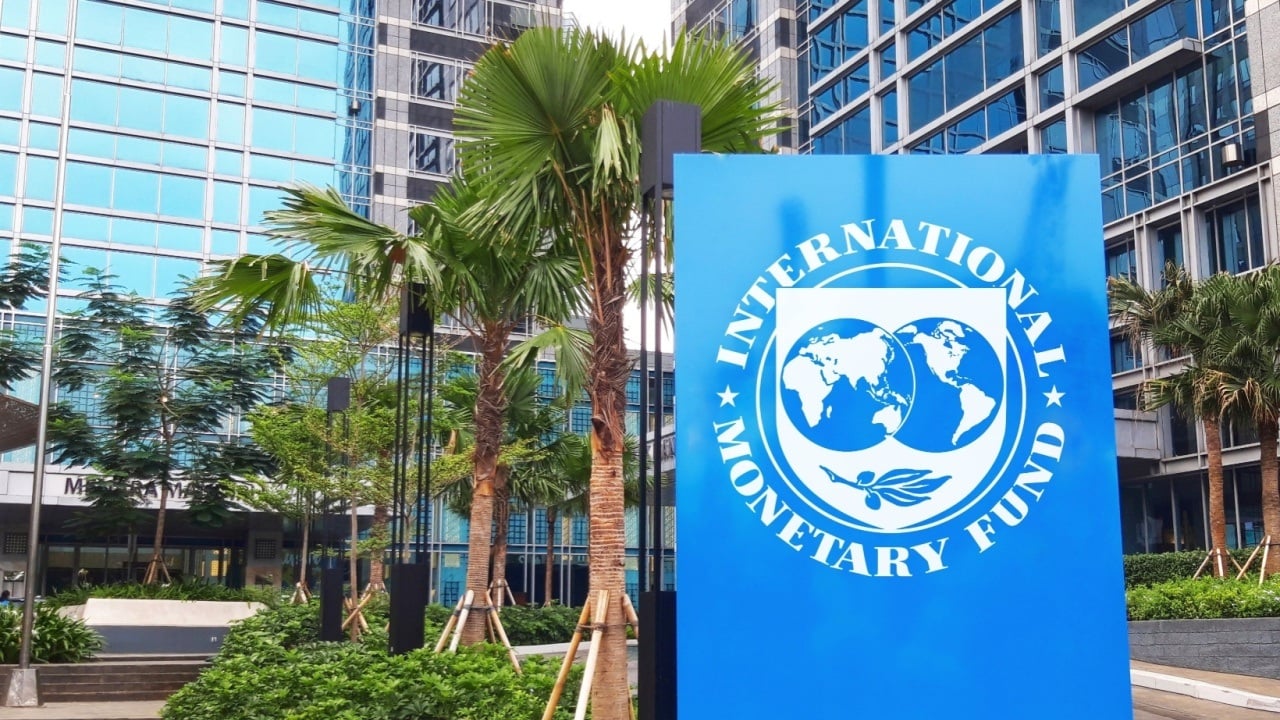El Salvador’s Bitcoin Experiment: A Tightrope Walk Between Innovation and International Pressure
Introduction: A Nation Divided by Bitcoin
El Salvador’s decision to adopt Bitcoin as legal tender in September 2021 marked a pivotal moment in the country’s economic history. President Nayib Bukele’s ambitious vision aimed to transform El Salvador’s financial landscape, reduce dependence on the U.S. dollar, and attract foreign investment. The move was also intended to streamline remittance transactions, a critical lifeline for many Salvadorans. However, this bold step has sparked intense debate and opposition, particularly from the International Monetary Fund (IMF). The IMF’s persistent warnings about the risks associated with Bitcoin have created a tense standoff, raising questions about El Salvador’s economic future and the broader implications of cryptocurrency adoption.
The IMF’s Unwavering Skepticism: A Constant Barrage of Warnings
The IMF has been a vocal critic of El Salvador’s Bitcoin policy from the outset. The institution’s concerns are multifaceted, focusing primarily on Bitcoin’s volatility, potential impact on financial stability, and risks to consumer protection. Cryptocurrencies, by their nature, are prone to dramatic price fluctuations, which could undermine El Salvador’s economic stability. The IMF has repeatedly highlighted these risks, urging the country to reconsider its Bitcoin policy and implement stricter regulations.
Additionally, the IMF has expressed concerns about the lack of a robust regulatory framework to govern Bitcoin transactions. The anonymity and decentralized nature of cryptocurrencies make them vulnerable to illicit activities, including money laundering and terrorist financing. The IMF’s skepticism is rooted in its broader mandate to promote financial stability and protect consumers from potential harm. The institution’s unwavering stance reflects its deep-seated concerns about the risks associated with widespread cryptocurrency adoption.
El Salvador’s Defiant Stance: Bucking International Pressure
Despite the IMF’s persistent warnings, El Salvador has largely maintained its commitment to Bitcoin. President Bukele has publicly defended his Bitcoin policy, arguing that it will bring significant benefits to the country. These benefits include increased financial inclusion, reduced transaction costs for remittances, and a boost to tourism. The government has taken concrete steps to promote Bitcoin adoption, such as the launch of the Chivo wallet, a government-backed digital wallet designed to facilitate Bitcoin transactions.
El Salvador’s defiant stance has been interpreted as a challenge to the IMF’s authority and a demonstration of its commitment to charting its own economic course. This bold approach has garnered both praise and criticism. Supporters view it as a necessary step towards financial independence, while critics see it as a reckless gamble with the country’s economic stability. The outcome of this experiment will have significant implications for El Salvador’s economic future and its relationship with international financial institutions.
The $1.4 Billion Question: Funding Agreement at Stake
The negotiations between El Salvador and the IMF over a $1.4 billion funding agreement have been fraught with tension. This agreement is crucial for El Salvador, as it would provide much-needed financial support to address the country’s economic challenges and maintain its financial stability. However, the IMF has made it clear that its support is contingent upon El Salvador addressing its concerns about Bitcoin. The IMF has urged El Salvador to scale back its Bitcoin involvement, implement stricter regulations, and reduce the country’s exposure to the volatile asset.
The outcome of these negotiations will have significant implications for El Salvador’s economic future. Failure to reach an agreement with the IMF could jeopardize the country’s access to vital financial resources, potentially leading to economic instability. El Salvador must carefully weigh the potential benefits of Bitcoin against the risks to its financial stability. The country’s ability to navigate this complex landscape will determine its economic trajectory in the coming years.
Beyond Bitcoin: A Broader Debate on Financial Sovereignty
The dispute between El Salvador and the IMF extends beyond Bitcoin, touching upon broader issues of financial sovereignty and the role of international financial institutions in shaping national economic policies. El Salvador’s decision to adopt Bitcoin as legal tender can be seen as an assertion of its right to determine its own monetary policy, free from external interference. This move has resonated with other countries that are seeking greater financial independence and exploring alternative financial systems.
El Salvador’s experiment with Bitcoin has sparked a global debate about the potential of cryptocurrencies to challenge the dominance of traditional financial institutions and provide new opportunities for economic development. However, the IMF’s concerns about the risks associated with Bitcoin adoption also highlight the importance of responsible financial management and the need for adequate regulatory safeguards to protect consumers and maintain financial stability. The debate between El Salvador and the IMF underscores the complex challenges of balancing innovation with financial prudence.
Conclusion: A Crossroads for El Salvador
El Salvador’s Bitcoin experiment has placed the country at a crossroads. Its bold embrace of cryptocurrency has captured the world’s attention, but it has also drawn the ire of the IMF, which remains deeply skeptical of the policy. As El Salvador navigates its relationship with the IMF, it must carefully weigh the potential benefits of Bitcoin against the risks to its financial stability. Whether El Salvador can successfully integrate Bitcoin into its economy while satisfying the IMF’s concerns remains to be seen. The world watches closely, as the outcome of this experiment could have far-reaching implications for the future of finance and the balance of power in the global economic order. The nation’s path forward requires a delicate balance of innovation, regulation, and international cooperation to secure a sustainable and prosperous future.











